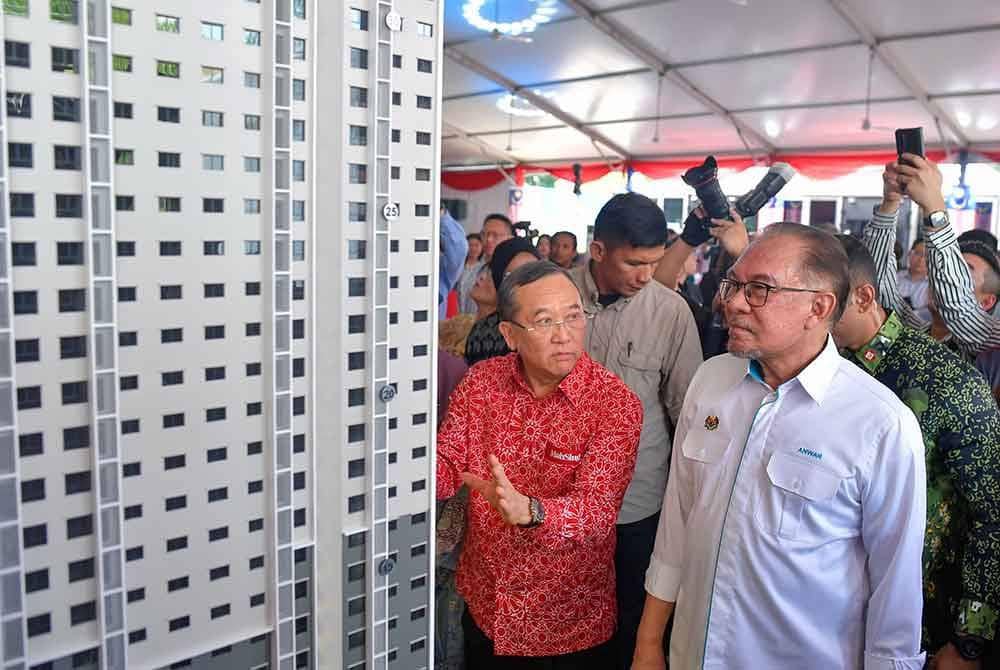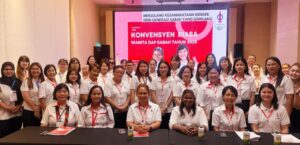
Recently, the Prime Minister (PMX) inaugurated the Madani Suria Housing project by Mah Sing Group in Taman Desa. During the visit, he responded to residents’ opposition by pledging to continue expanding Madani housing for the less fortunate, despite their objection. While the Prime Minister’s commitment to aiding lower-income groups is admirable, it is equally important to address the valid concerns of local residents.
It appears that the PM may not fully grasp Taman Desa’s demographics. Many residents are middle-income earners, and a substantial portion belongs to the B40 group, living in low-cost flats such as Teratak Apartment, Sri Lembah Flats, and Iris Apartment. This economically vulnerable community also opposes the development, fearing that the area will become overcrowded and further strain the already inadequate infrastructure.
As a MP for Kuala Lumpur, I frequently assist with applications for low-cost housing, understanding the crucial need for affordable homes. I support the Madani Housing initiative, which aims to provide affordable housing for the poor. However, development must be carefully planned with adequate supporting infrastructure and services.
Uncoordinated development exacerbates issues such as traffic congestion, overcrowded schools, inadequate medical facilities, and insufficient parking. Comprehensive spatial planning models are essential, and local plans should be adjusted only when holistic spatial considerations are made.
Madani Housing projects, priced below market rates, often require cross-subsidization from luxury housing, leading to higher density developments. This process can compromise essential community needs by repurposing land originally designated for recreational use and flood retention, worsening urban congestion and conservation challenges.
Why Focus Solely on KL City?
The ongoing traffic congestion and frequent flash floods in Kuala Lumpur underscore the need for improved city planning. Given the increasing risk of severe flooding due to climate change, it is prudent to reconsider the concentration of Madani Housing projects within the already overcrowded KL city area.
Expanding these projects to the Greater KL region, which includes municipalities like Sepang, Putrajaya, Ampang Jaya, Shah Alam, Selayang, Petaling Jaya, Subang Jaya, Kajang, and Klang, could be beneficial. The Selangor state government, overseeing many of these areas, could collaborate with the federal government to identify suitable locations for Madani Housing.
Land prices in Greater KL are lower than in Kuala Lumpur, which would allow for reduced project density and costs, and lessen reliance on cross-subsidization from high-end housing. Engaging authorities such as the National Housing Corporation for these projects could alleviate inner-city congestion, reduce pressure on city amenities, and improve the overall quality of life in the capital. Additionally, expanding development to surrounding municipalities would promote regional growth and foster a more balanced urban development strategy.
In conclusion, relocating Madani Housing projects to the Greater KL area offers a more sustainable and equitable approach, benefiting both the federal and state governments and contributing to a better-planned urban environment.
Teresa Kok



